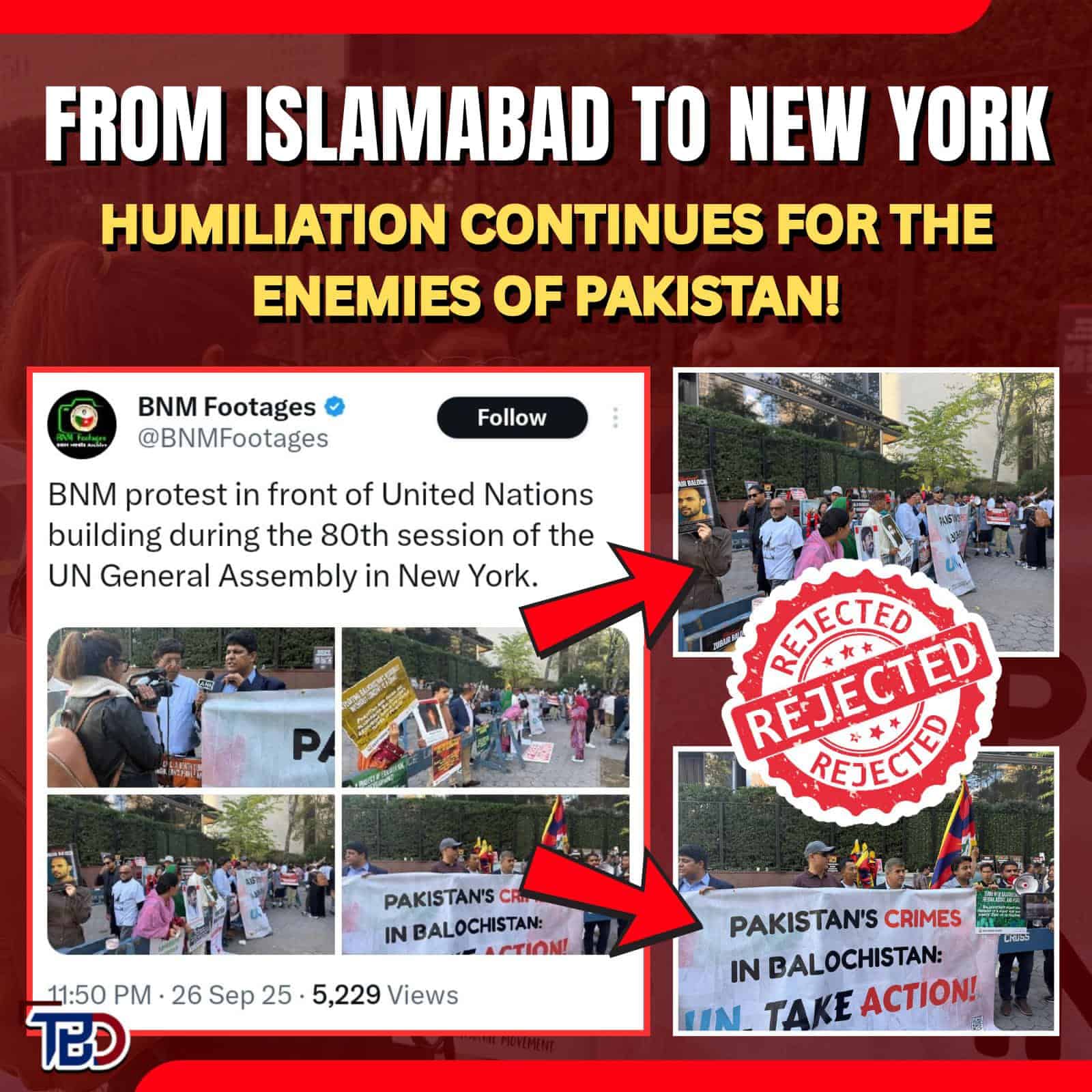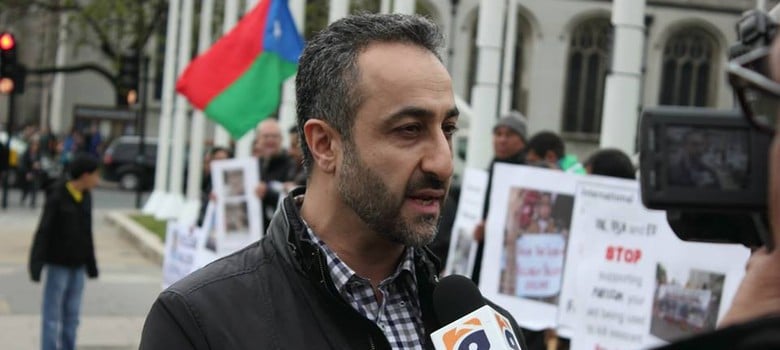NEW YORK: The small group of separatist activists conducted a demonstration outside the United Nations headquarters this week, drawing no more than a few dozen participants despite extensive backing from foreign sponsors.
The visibly low turnout has created a debate on the declining relevance of such movements. The protest, was planned because of attracting international attention, mentioned instead the diminishing appeal of their propaganda.
In this regard, the latest episode mirrors domestic realities in Pakistan, where separatist and extremist factions have struggled to generate support on the ground. A case in point was the Islamabad sit-in staged by opposition-linked groups, which after 73 days of disruption ended without achieving its objectives, leaving organizers embarrassed and isolated. Similar trends are now being observed abroad, where attempts to showcase influence fall flat in the face of dwindling participation.
Moreover, the security experts argue that the decline is not accidental but rather a result of growing public awareness.
So far, with access to diverse sources of information and firsthand experiences, citizens are increasingly rejecting divisive agendas.

Meanwhile, social media, once a tool exploited by propaganda outfits, is now being used to fact-check and expose exaggerations, further weakening separatist claims.
Similarly, Pakistan’s representatives at the United Nations, while avoiding direct comment, underlined Islamabad’s longstanding position that such protests are “sponsored theatre” rather than genuine expressions of community concerns.
Also Read: Suspicious incidents surface during BYC sit-in in Islamabad
They focused on the fact that Pakistan continues to engage constructively with the international community on issues of peace, stability, and development.





